MARKETING & BRAND-BUILDING
Food and lifestyle brand NOMU is disrupting the business of bland with spicy innovation
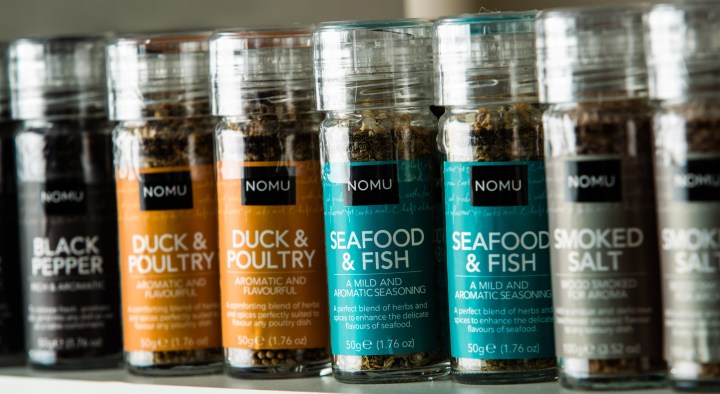
How NOMU’s passion for innovation, packaging and quality turned it into a leading brand.
They’ve brought spice and excitement to kitchens since 2000, starting out in business with just under R13,000, a passion for flavour, innovative products and … no budget, especially not for luxuries like marketing.
But their product, commitment and timing were spot-on, which helped build NoMu into a brand that went from big back home to (relatively) big in Germany. Slovenia too. And about 10 other countries.
Despite starting out in business with no budget, it helped that NOMU was set up at the right time, in the right place.
At the end of the 1990s, South Africa was still buoyed by Madiba magic, the sheen of the rainbow nation and an influx of tourists. It was a more glamorous time, filled with excitement, optimism and hope.
Craving novelty
Cut off from the international community for decades, South Africans were hungry for new experiences and new flavours, brought by multinationals and local operators alike.
Independent producers such as NOMU experimented with flavours, sold at markets, malls and festivals, and often bootstrapped their businesses by pouring their own resources and passion into products.
Founded by self-taught caterer Tracy Foulkes, who started off in her cramped kitchen in Oranjezicht in 2000, NOMU (initially intended to be a mostly vegetarian deli with no or little red meat, hence “no moo”) has grown into one of South Africa’s leading independent food manufacturers, building its reputation on innovative spice rubs, stocks and, especially, hot chocolate.
Foulkes, who brought her then boyfriend (he later became her husband) Paul Raphaely into the business five months later to help with brand promotion, remains in charge of product innovation, while Raphaely does their marketing, mostly via a playful and “slightly bonkers” newsletter, written by him and featuring Foulkes’ recipes.
“We had no idea what we were doing at first and were pleasantly surprised by the outcome. That is still our business model. As a brand, NOMU isn’t afraid to be different and to try new things,” says Raphaely.
Spicing things up
The local spice business, when they started, was the opposite of spicy, says Raphaely. “It’s been our primary function for 20-odd years: we’ve brought a little bit of spice and excitement to whatever category we’ve chosen to get into.”
Being small and not competing in the same space as big brands such as Robertsons or Nestlé meant NOMU was free to take chances, make mistakes and respond quickly.
“That’s always stood us in good stead. We’d like to think that NOMU has always had better, original answers and concepts in our packaging [such as being the first to put spice rubs and hot chocolate in stylish tins], better quality and a better offering, at a not-unreasonable price.”
A “why-the-hell-not?” experimental thought process has paid off.
“When we launched into hot chocolate in 2007, we thought [there was] scope to add some excitement to this category as well. And then we launched what would later become the Skinny Hot Chocolate, and that changed our whole business.”
SA was also hungry for more niche products in the early 2000s. The local market was still predominantly braai spice-oriented, but vast numbers of foreign visitors had more experimental tastes and were seduced by NOMU’s products and eye-catching packaging. Some of them were spurred to import NOMU into their own countries.
Prior to 2007, with roughly 85% of NOMU’s market focused on exports, the global financial crash came as a shock, but Foulkes and Raphaely had already built their brand and started attracting private label work, both here and abroad.
“For a long time, we relied on private label relationships and helping other people build their brands. If it weren’t for that and our chocolate, it might have been a different story. You have to remain agile and flexible. You can’t be too attached to your own brand exclusively. You’ve got to use what you have.”
Raphaely credits their success to their diversification: “We’ve got so many different products and so many different markets … So, at the moment, if we were, for example, to say we don’t want to be in the spice business, we would probably sacrifice almost all our export business.
“By the same token, if we had decided to just focus on spices, we would probably [have ceased] to exist here in South Africa. But because we have the hot chocolates, and now also baking, those are a big part of what we do.” DM168
This article is part of a profile series on movers and shakers in the marketing, advertising and brand-building industries.
This story first appeared in our weekly Daily Maverick 168 newspaper, which is available countrywide for R25.

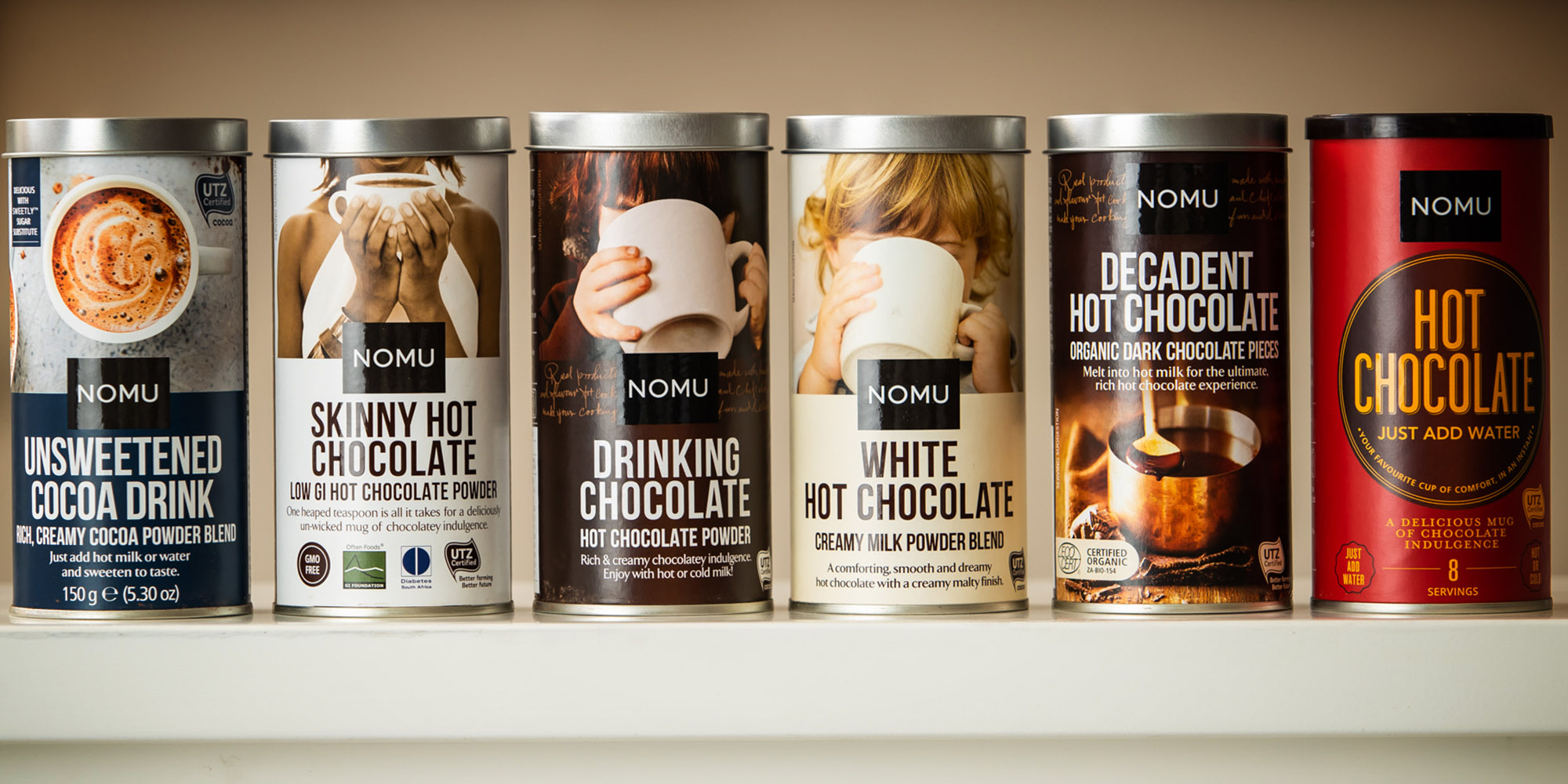
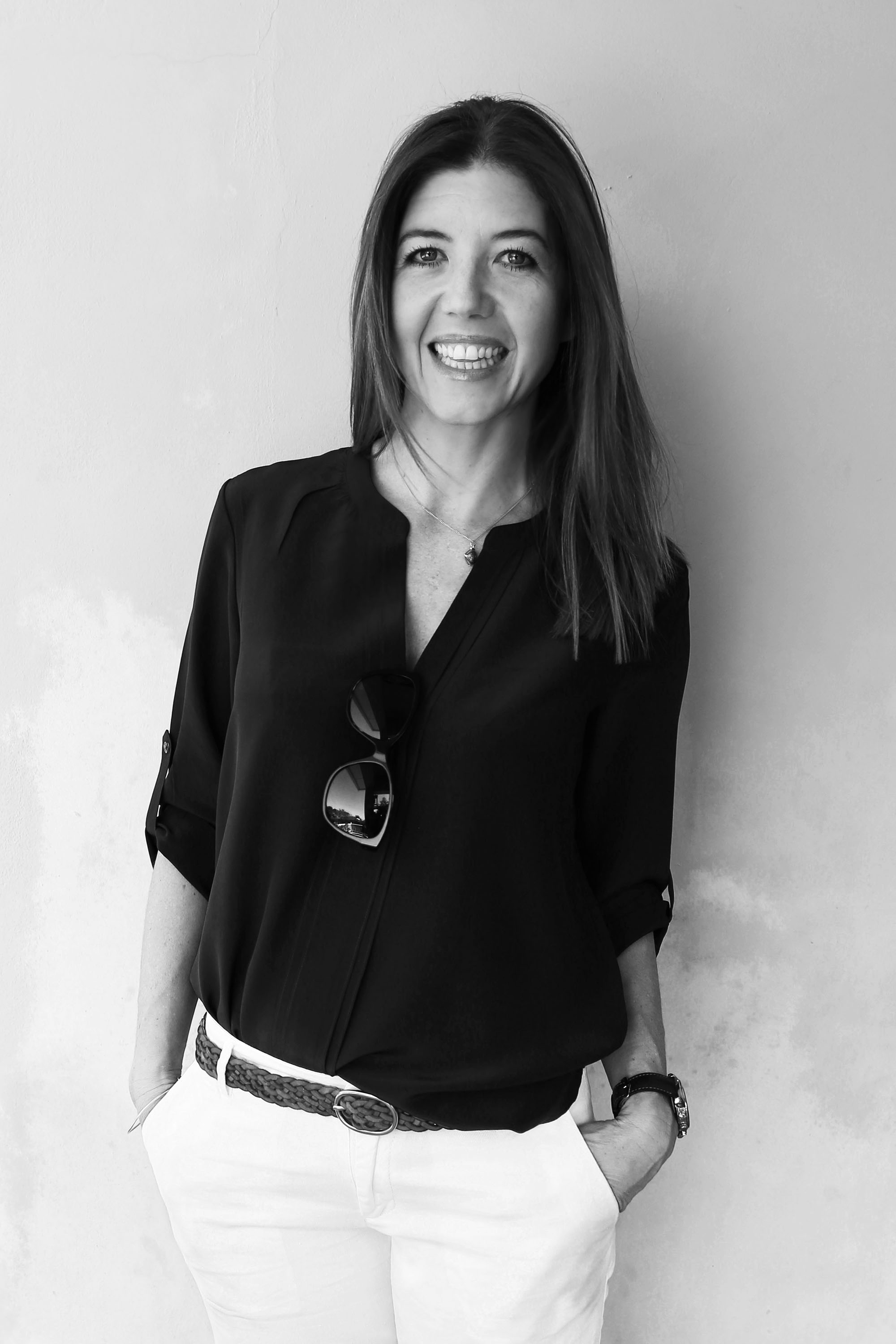
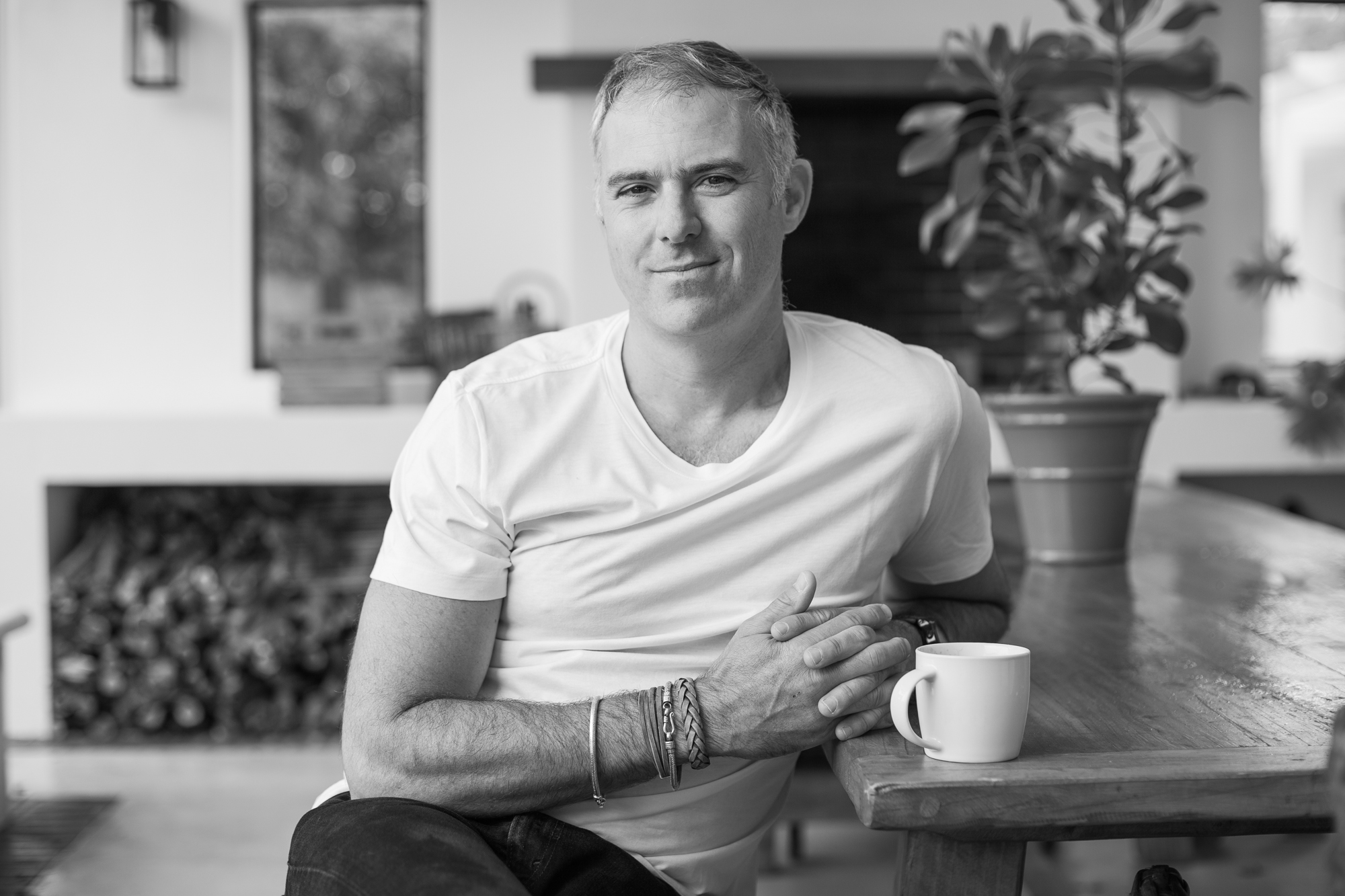
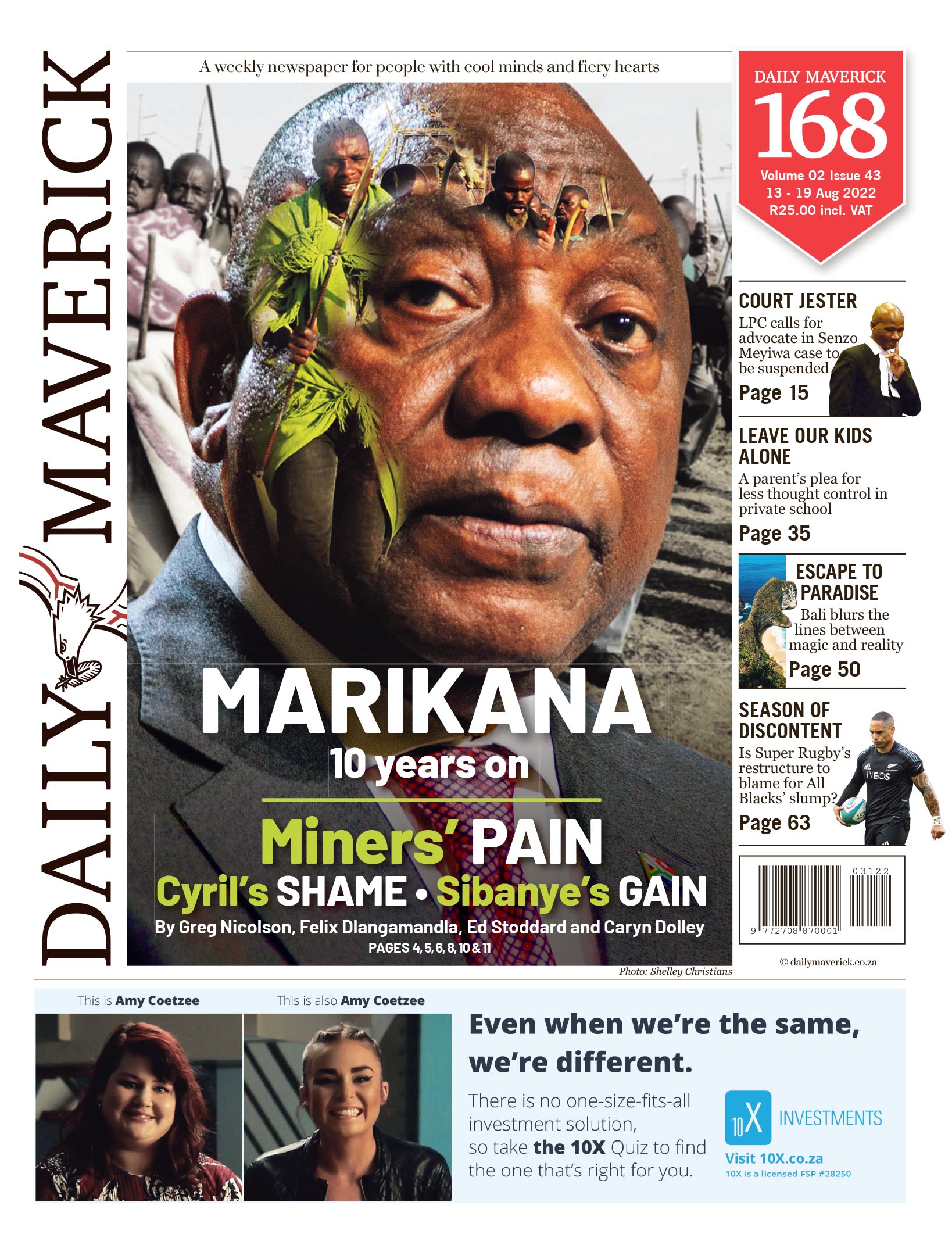
















 Become an Insider
Become an Insider
Comments - Please login in order to comment.